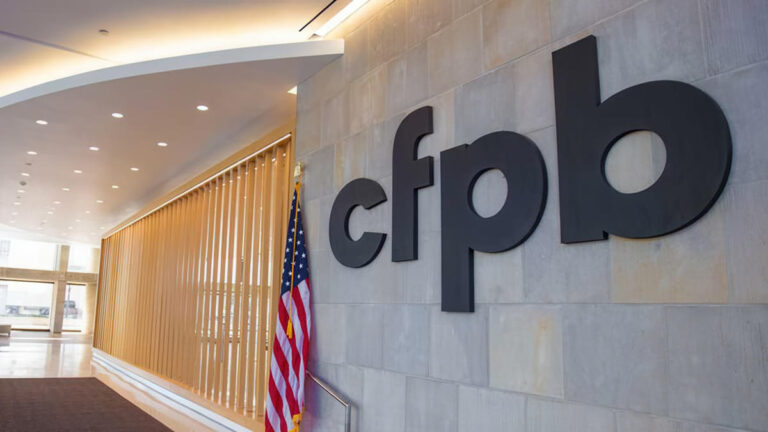On Friday, the Consumer Financial Protection Bureau (CFPB) filed charges against four financial companies involved in Zelle. The CFPB’s lawsuit (via CNBC) alleges that Zelle’s operating company (Early Warning Services) and the service’s three banking partners (JPMorgan Chase, Bank of America, and Wells Fargo) have committed extensive fraud in peer-to-peer payment systems. They accuse the company of failing to protect consumers from fraud. .
According to the CFPB, customers of these three banks lost more than $870 million during Zelle’s seven years as a payment service. The lawsuit alleges that hundreds of thousands of customers who filed complaints of fraud were denied meaningful assistance, and some were told to “contact the scammer directly to get their money back.” There is. (Pro tip: don’t do that.)
“The nation’s largest banks rushed to implement Zelle because they felt threatened by competing payment apps,” CFPB Director Rohit Chopra said in a statement. “By not taking proper safeguards, Zelle became a gold mine for scammers, while leaving victims to fend for themselves.”
One loophole in the system is that the “tokens” (linked U.S. phone numbers and email addresses) can be used and reassigned between different banks, the CFPB said. The agency said fraudsters could exploit this by linking a victim’s number or email to the perpetrator’s savings account, allowing payments that would have gone to the consumer to instead go to the fraudster’s account. It is claimed that there is.
The lawsuit accuses Zell and the banks of allowing repeat offenders to move between financial institutions with impunity. “The bank did not share information about known fraudulent transactions with other banks on its network,” the CFPB wrote. “As a result, bad actors may repeatedly execute fraud schemes across multiple agencies before being discovered, if at all.”
The CFPB also alleges that the defendant banks failed to heed red flags to prevent further fraud, continue to report incidents or timely report incidents, properly investigate customer complaints, or take appropriate action. are.
On Friday, Zell cast the government’s lawsuit as a political blow that aids criminals and forces them to charge. “The CFPB’s attacks on Zelle are legally and factually flawed, and the timing of this lawsuit appears to be driven by political factors unrelated to Zelle,” Zelle spokeswoman Jane Kodos said. said in a statement. “Zelle leads the fight against fraud and fraud and has an industry-leading reimbursement policy that goes above and beyond the law. The CFPB’s misguided attacks have emboldened criminals, increased the burden of fees on consumers and It will squeeze businesses and make it harder for thousands of community banks and credit unions to compete.”
In September, JPMorgan Chase said in its quarterly report (via CNBC) that it would consider filing a countersuit if the CFPB files a lawsuit against the bank over its role with Zelle.
Last month, the Washington Post reported that President-elect Donald Trump and Republicans in Congress plan to limit the CFPB’s funding and authority in line with the agenda of large financial institutions. His “government efficiency” advisers, Elon Musk and Vivek Ramaswamy, have said they want to abolish the agency, which was created in 2011 in response to the 2007-2008 financial crisis and resulting recession. .
Killing the agency would require a vote in Congress, which is unlikely to pass given the thin Republican majority. But they could also do what President Trump did in his first term. That means appointing new commissioners to slow or halt regulatory actions, effectively kneeling the agency as long as they are in charge.


